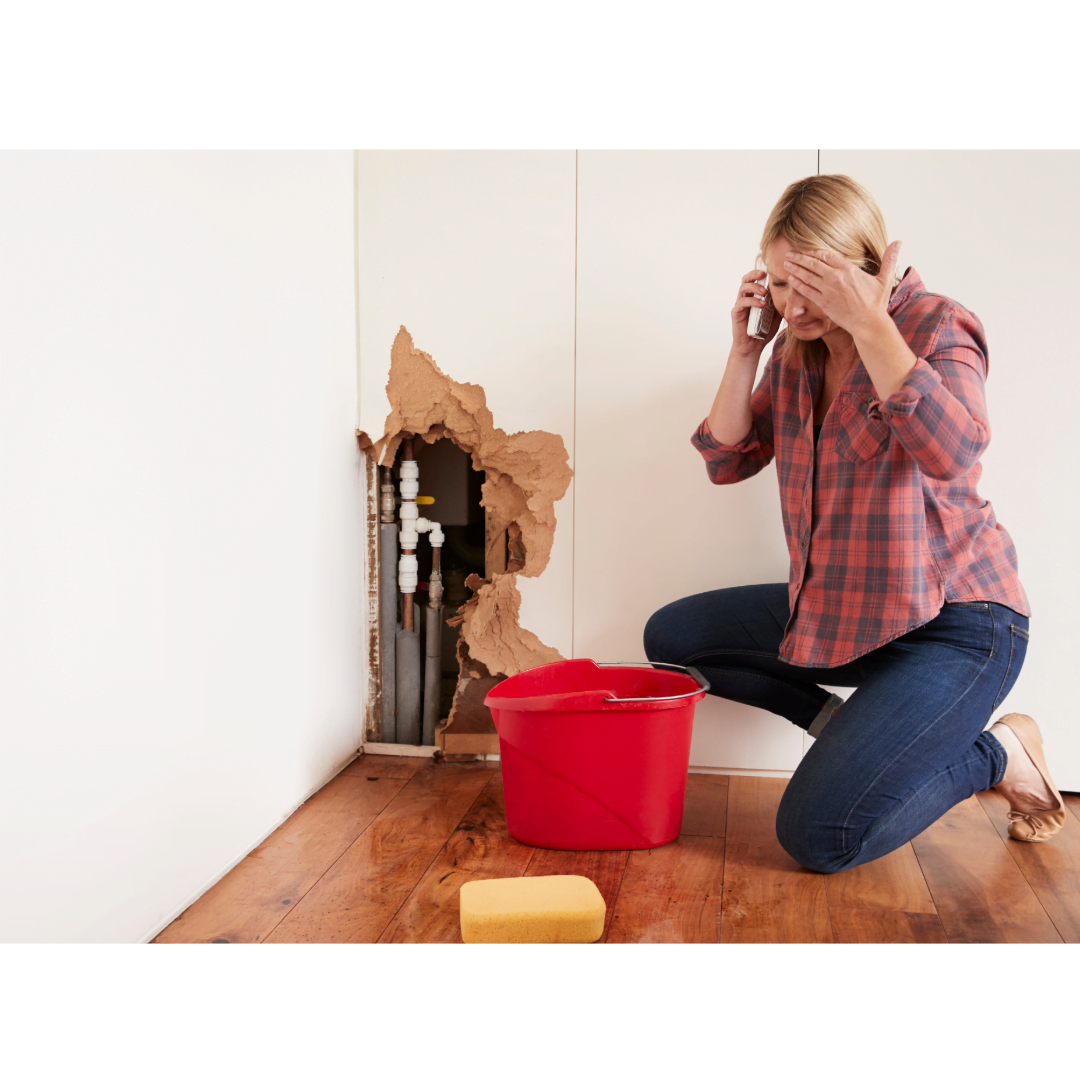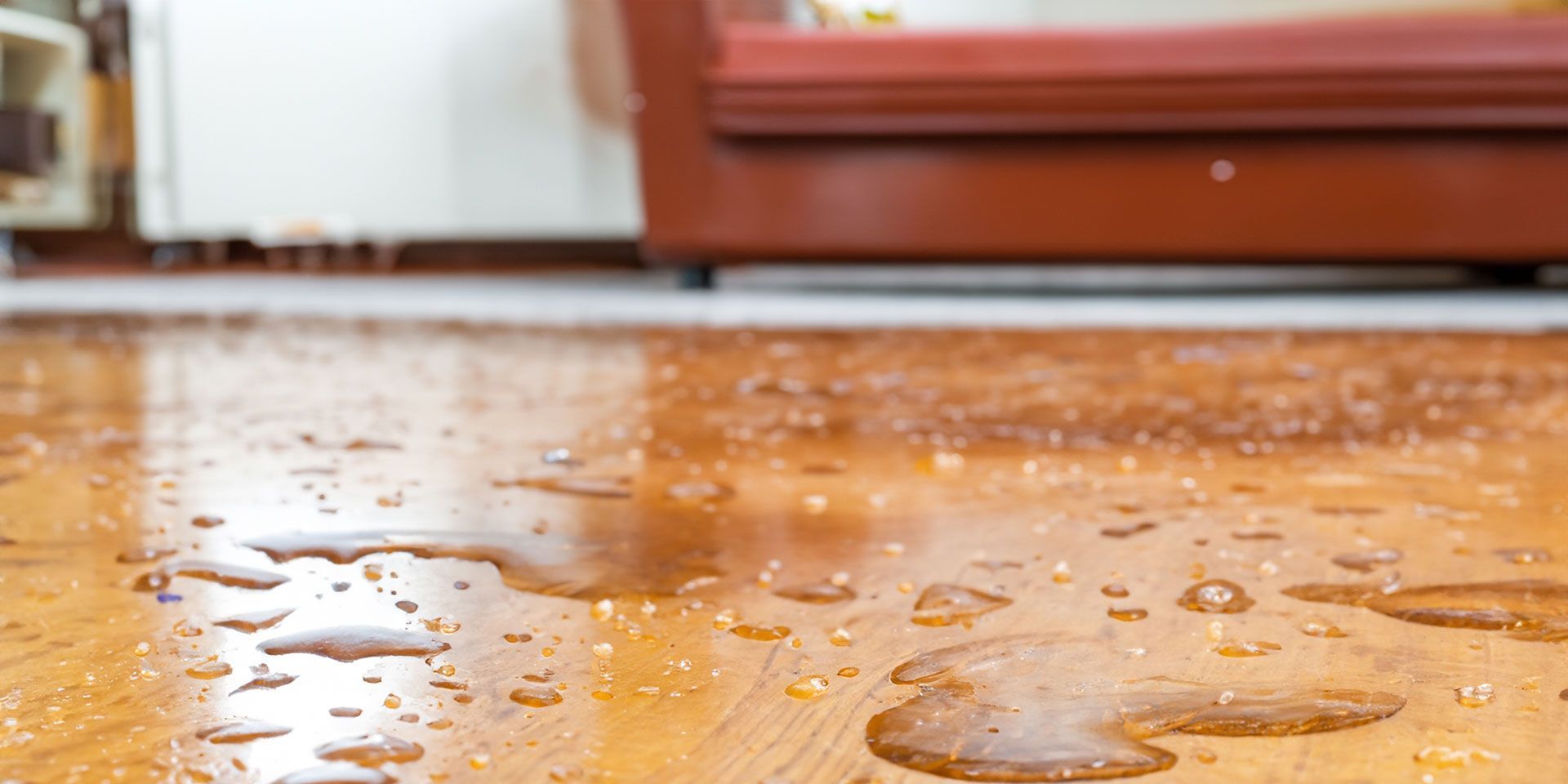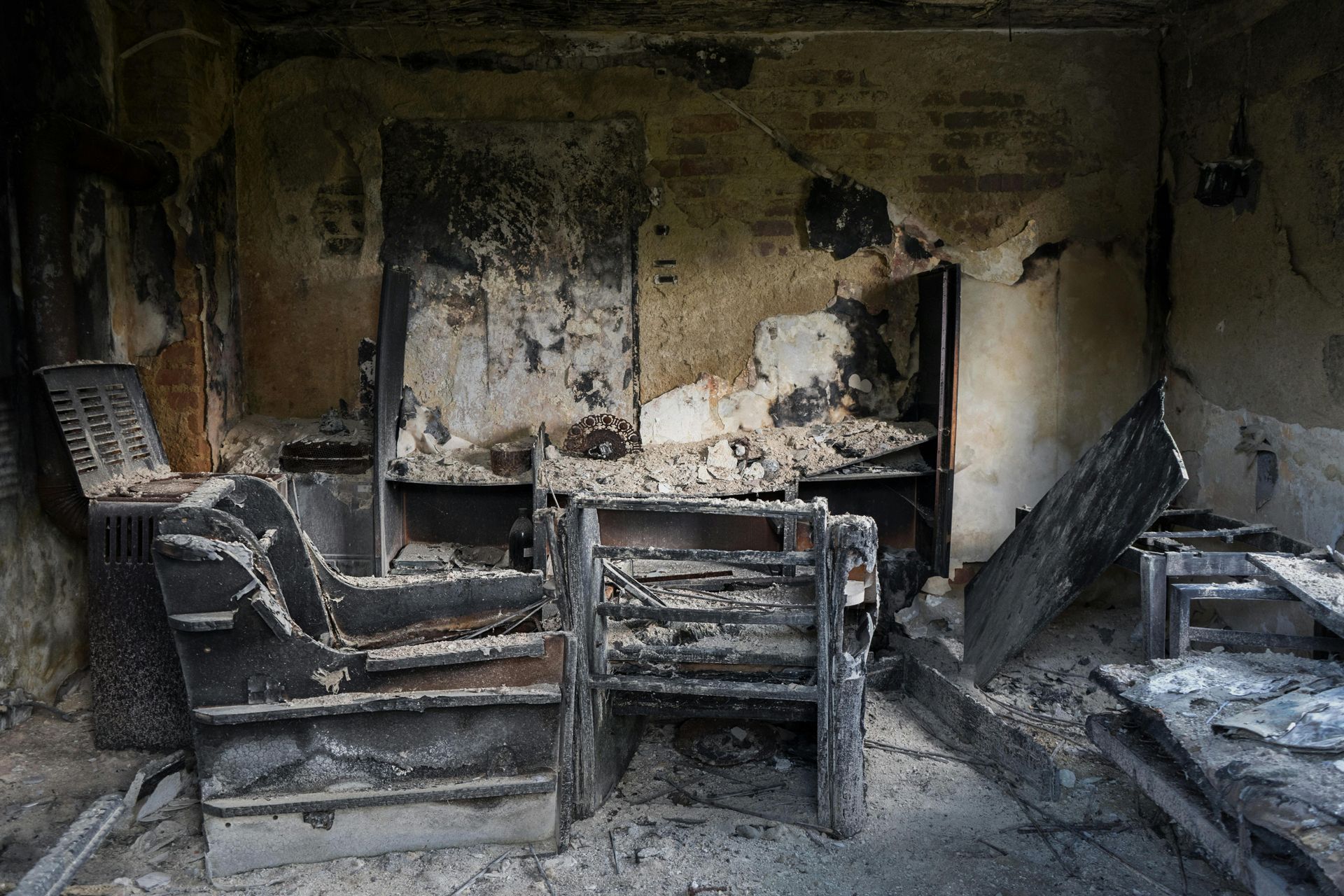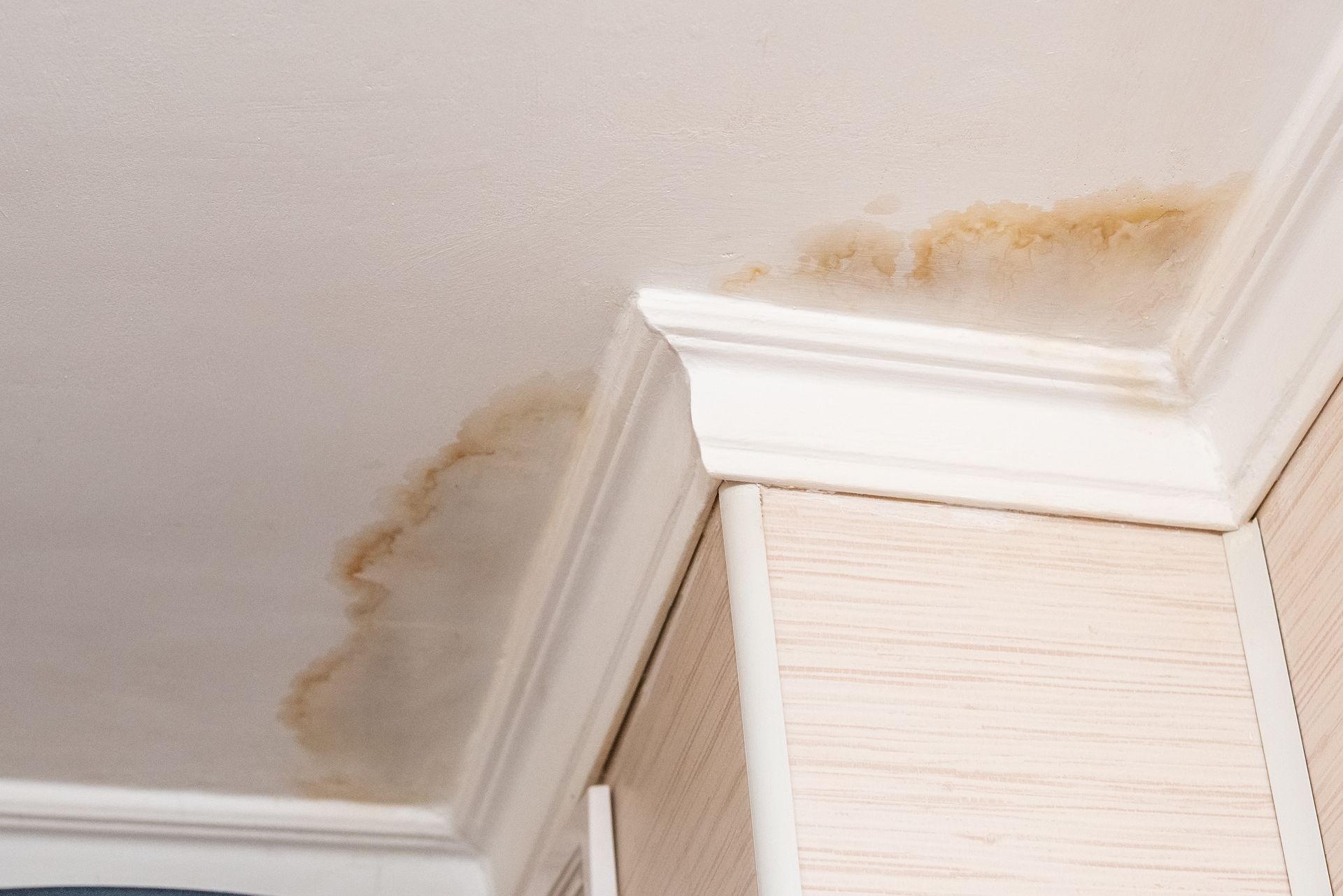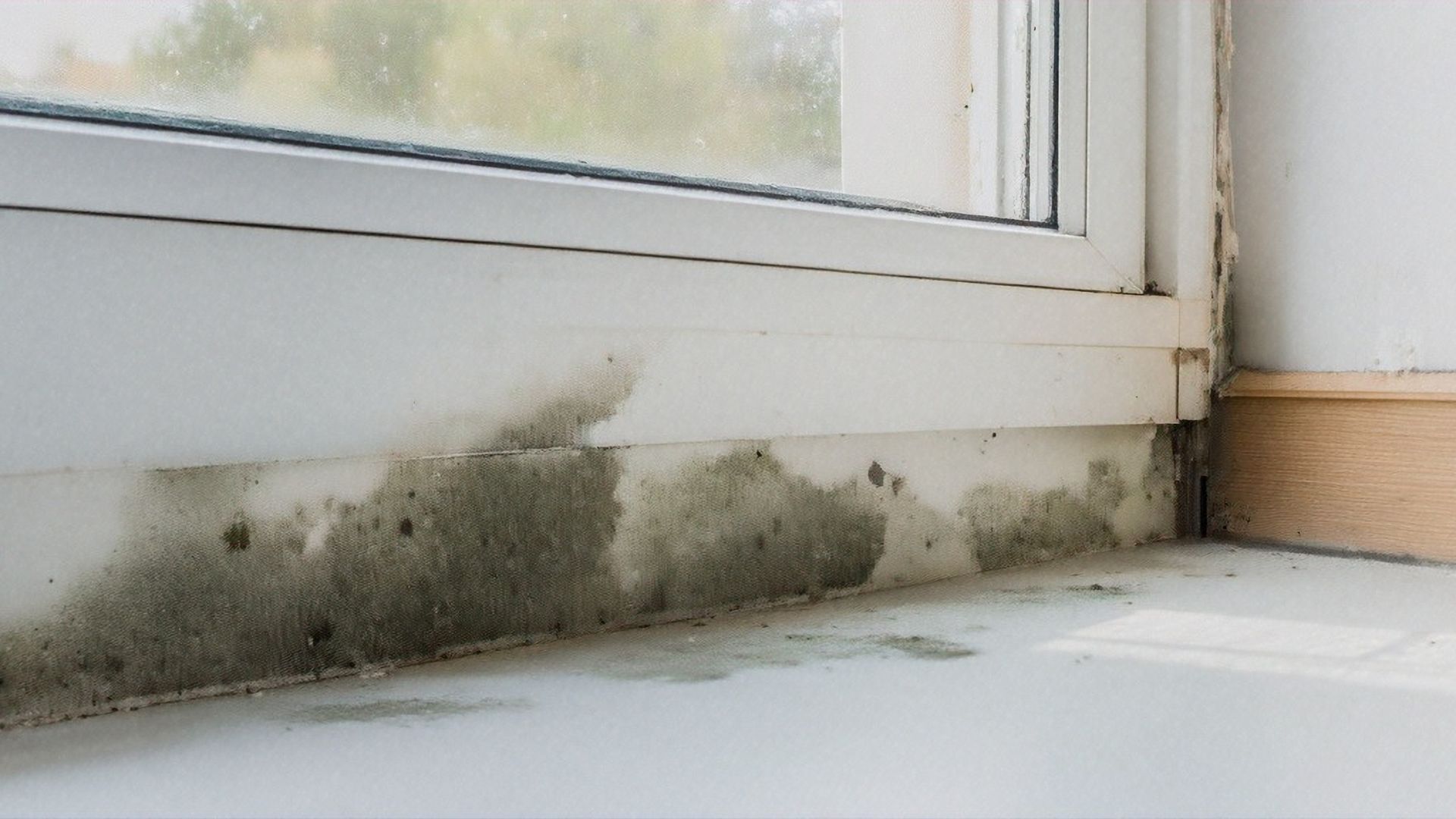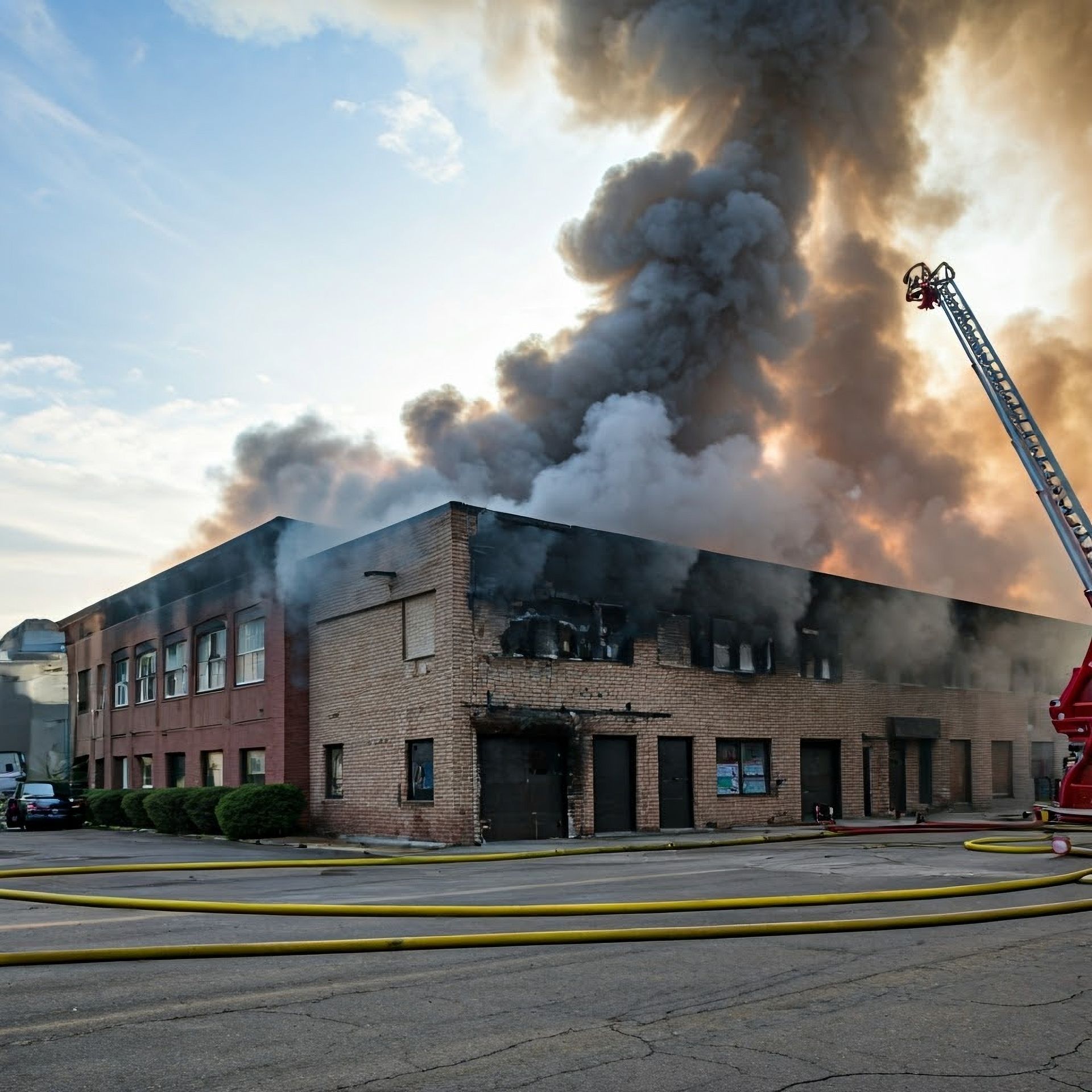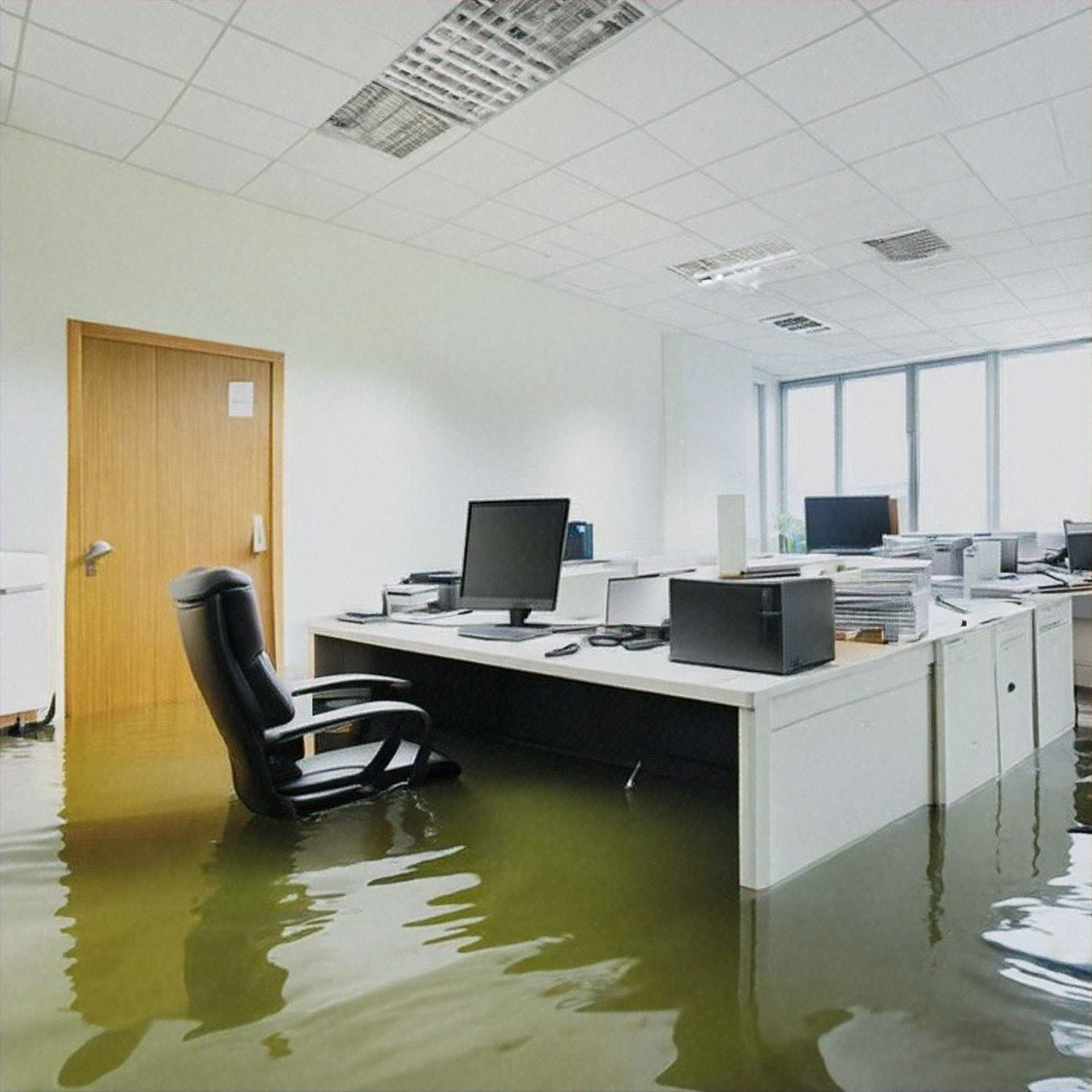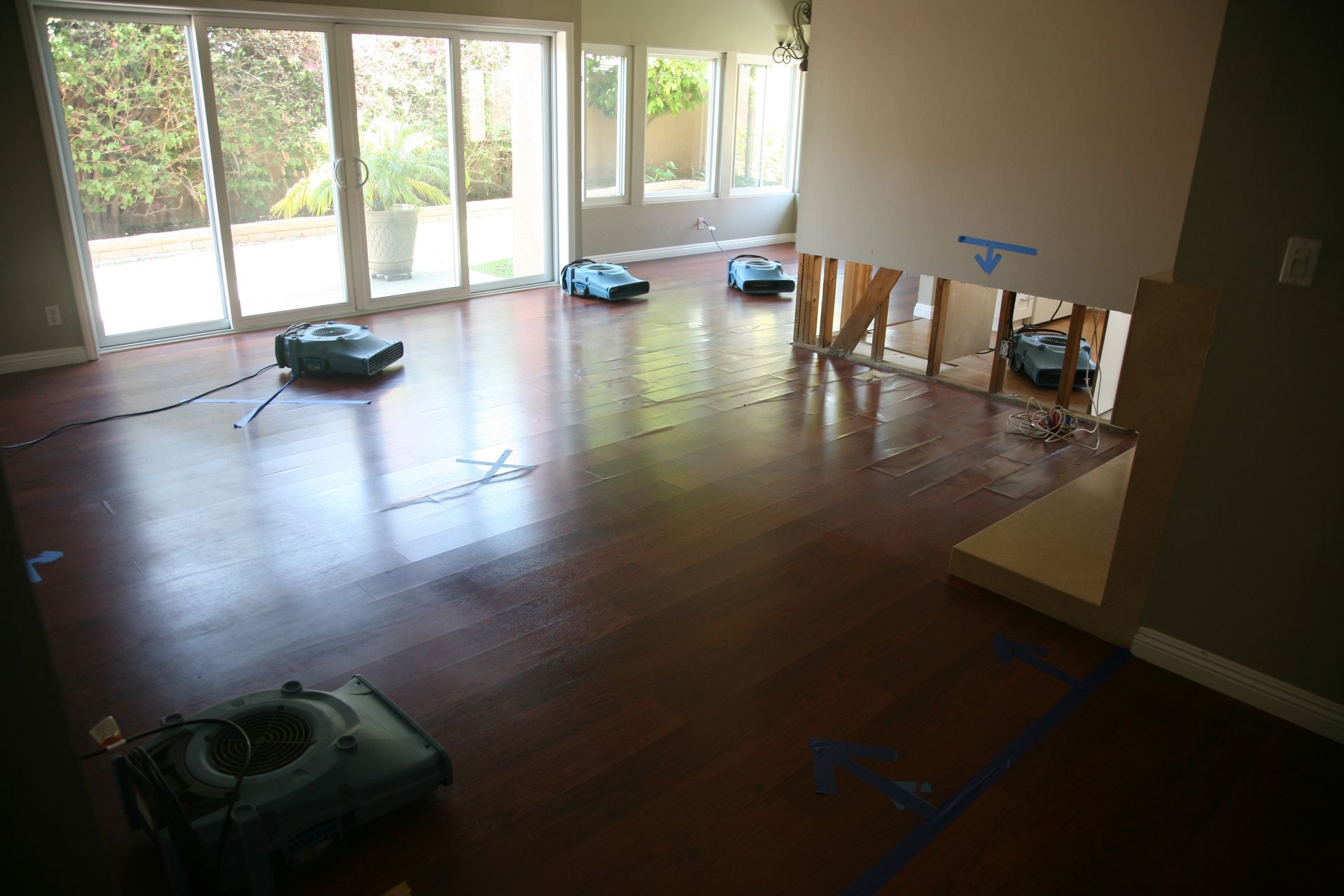Navigating Home Insurance: Understanding Coverage for Water Damage and Mold
Aurian Garrett • March 28, 2024
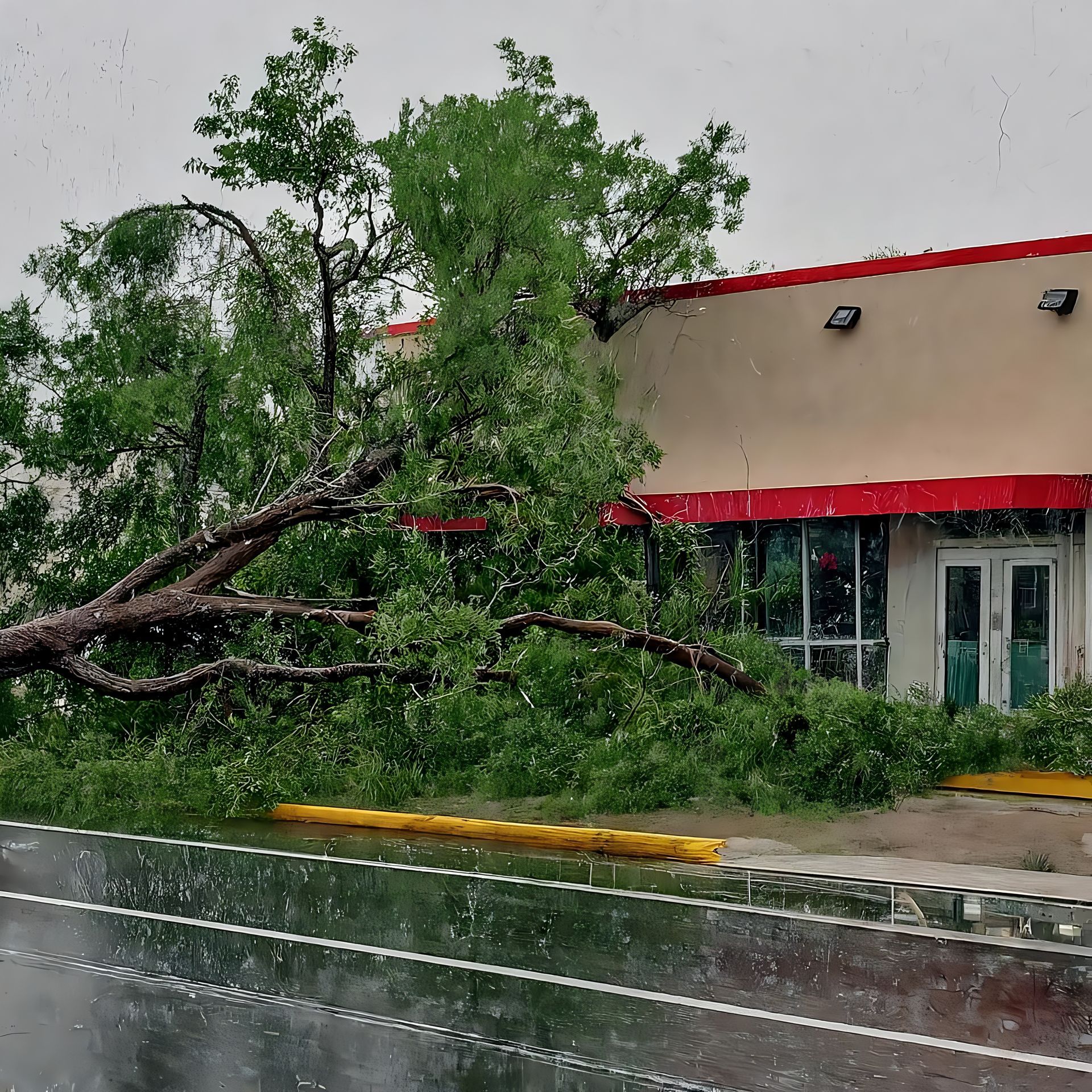
The First 24 Hours After Storm Damage If you're reading this, you've likely experienced storm damage to your home. Whether it's water stains on your ceiling, shingles scattered across your yard, or that unmistakable feeling that something's wrong with your property—you're not alone, and there's a clear path forward. As Restoration 1 of Evansville , we've guided our community through countless weather events. Southern Indiana storms arrive suddenly and leave lasting damage. This guide will walk you through immediate steps to take, explain why rapid response matters, and show how our local team can help minimize your stress during recovery. Recognizing Storm Damage: The Warning Signs Storm damage isn't always obvious immediately, which makes it particularly dangerous. What looks like a few missing shingles can quickly become major interior damage. Even small roof breaches allow water to penetrate your attic, saturate insulation, damage drywall, and trigger mold growth within 24 hours. Watch for these warning signs: Water spots appearing on ceilings or walls Missing, damaged, or curling shingles Fallen tree limbs on your roof or near power lines Standing water around your home's foundation Cracked or loose siding Unusual damp odors indoors Electrical issues (flickering lights, tripped breakers) Even if visible damage seems minor, professional inspection is crucial. Many homeowners discover serious problems days later when ceilings begin to sag or mold starts spreading. The Critical Timeline: Why Immediate Action Matters Storm damage worsens exponentially with time. What starts as a minor issue today can lead to major structural problems tomorrow. Every hour that passes allows water to penetrate deeper into your home, affecting more materials and creating ideal conditions for mold growth. Consider a small roof breach: Initially, it might allow just a trickle of water inside. But after continued rain or humidity, that water saturates structural wood and creates perfect conditions for mold growth. Once mold establishes, your HVAC system can circulate spores throughout your home. What began as a simple roof repair now involves comprehensive mold remediation and potentially air quality concerns for your family. This timeline explains why emergency services like roof tarping are essential—they're temporary solutions that prevent thousands in additional damage while protecting your family's health. Professional Roof Tarping: Emergency Protection Roof tarping provides immediate, temporary protection for storm-damaged roofs. Our heavy-duty, weather-resistant tarps secure damaged areas to prevent further water intrusion until permanent repairs can be made. While DIY tarping might seem like a quick fix, improper installation often causes more problems. Store-bought plastic lacks durability, and without proper anchoring, wind can dislodge it or create water pooling that adds structural strain. Our professional installation uses secure anchoring techniques and proper water diversion to ensure protection holds until permanent repairs are completed. Our Emergency Response Process When you call Restoration 1 after a storm, our first priority is understanding your situation. We recognize you're calling during a stressful time, possibly concerned about your home's safety and navigating insurance requirements. We'll ask about visible damage, time elapsed since the storm, and any interior symptoms like moisture, odors, or drafts. Then, we dispatch a response team to assess the situation professionally. Our immediate response includes: Emergency roof tarping for exposed areas Water extraction and structural drying if moisture has penetrated Moisture readings and mold prevention measures Comprehensive documentation to support insurance claims Development of a complete restoration plan from structural repairs to finishing touches Our goal extends beyond cleanup—we restore your sense of home and security. Navigating Insurance Claims: Expert Guidance Storm restoration typically involves insurance claims, adjusters, and documentation requirements. Our experience working with virtually every insurance provider allows us to streamline this process. We document damage comprehensively, prepare detailed reports, and communicate directly with adjusters when needed. Many homeowners hesitate to report minor damage due to confusion about coverage or claims processes. Remember: storm protection is exactly what homeowner's insurance is designed to provide, and addressing small issues prevents them from becoming major problems. Why Choose Restoration 1 of Evansville We're your neighbors—not a national call center or rotating franchise staff. Our local Evansville team understands Indiana's unique weather challenges, having restored homes after tornadoes, floods, ice storms, and severe wind events throughout our community. Our commitment includes: 24/7 emergency response Fully-equipped response vehicles Technicians certified in water mitigation, mold remediation, and structural drying Direct service without subcontractors Complete restoration from emergency response through final repairs Understanding Mold Risk After Water Exposure With any water intrusion, mold development isn't a possibility—it's an inevitability without proper intervention. Within 24-48 hours, spores begin colonizing damp materials like insulation, drywall, and wood framing, then spread rapidly. Our advanced moisture detection equipment identifies hidden dampness behind walls and under flooring. For existing mold, we implement containment protocols, remove affected materials, and treat spaces to prevent recurrence. Don't wait for visible mold—early detection saves both your property and potentially your health. Immediate Steps You Can Take If you've experienced storm damage: Document everything with photos before moving debris Place containers under active leaks to minimize spreading Avoid using electrical systems in affected areas Call our 24/7 emergency line: 812-205-6424 Your Storm Recovery Partner Weather may be unpredictable, but your recovery doesn't have to be. When you contact Restoration 1 of Evansville, you're partnering with experienced professionals who understand both the technical requirements of storm restoration and the emotional impact of property damage. Whether you need emergency roof tarping, water extraction, or concerns about developing mold, immediate action prevents escalating problems. Contact us anytime at 812-205-6424 or visit restoration1ofevansville.com for immediate assistance. Your safety is our priority—we're here 24/7 when storms strike.
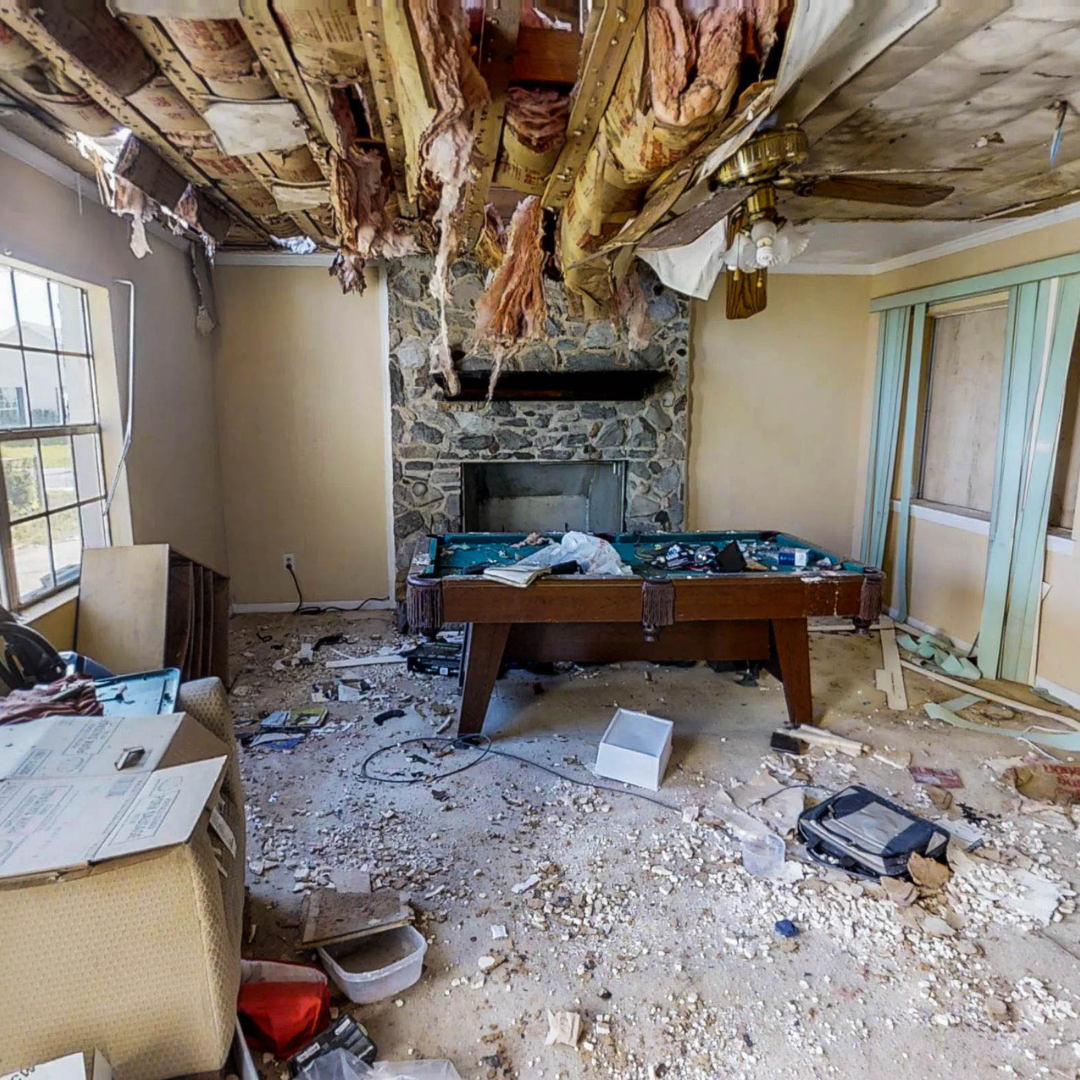
The Essential Guide to Professional Storm Damage Restoration: Why You Need Experts for Fast Recovery
The Essential Guide to Professional Storm Damage Restoration: Why You Need Experts for Fast Recovery

Commercial Storm Damage Recovery in Evansville: Protecting Your Business When Severe Weather Strikes
Commercial Storm Damage Recovery in Evansville: Protecting Your Business When Severe Weather Strikes

